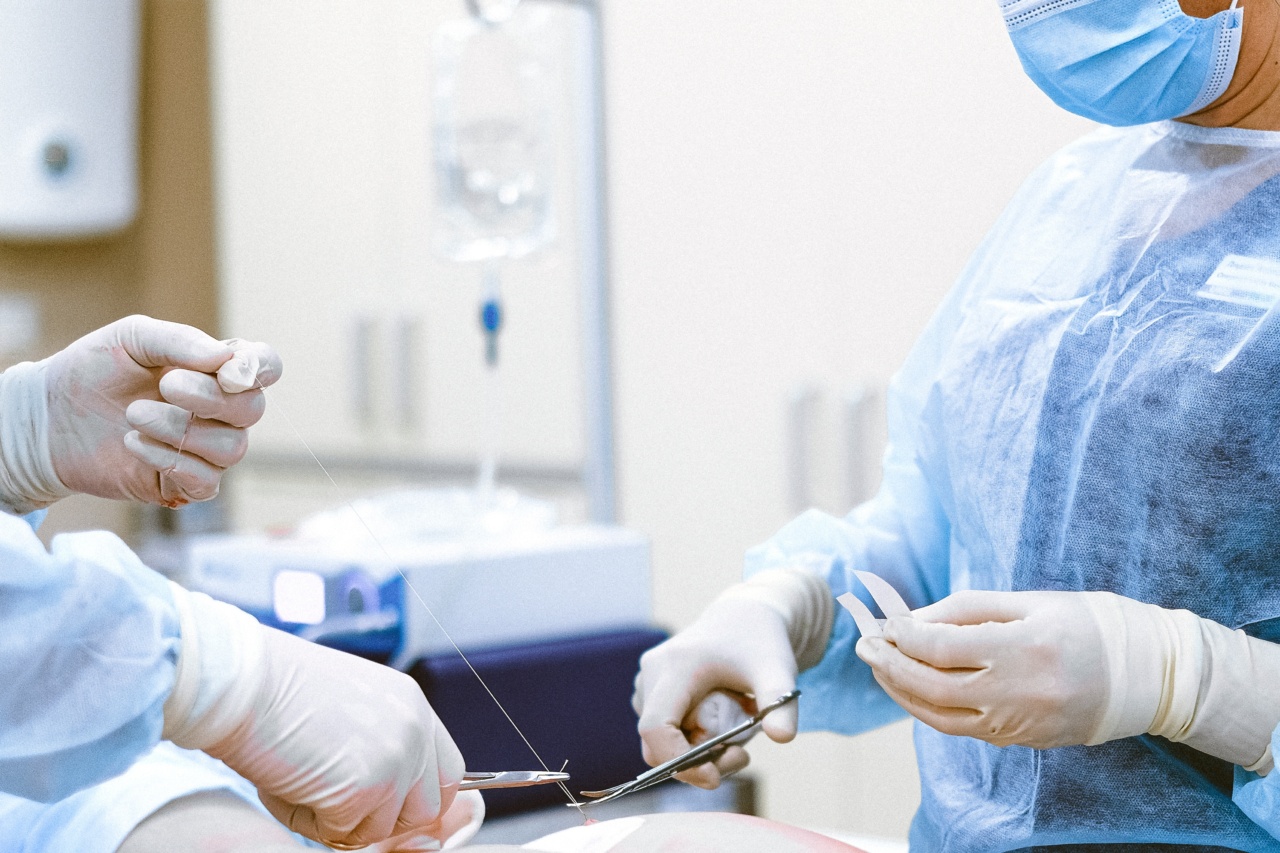Lymphoma is a type of cancer that affects the lymphatic system. It can occur at any age, but it’s more common in adults above the age of 60. Lymphoma is a complex disease, and its causes are not entirely clear.
However, research has shown that certain lifestyle choices like diet can play a role in preventing Lymphoma. Here are some dietary tips that can help reduce the risk of developing Lymphoma.
1. Eat a diet rich in fruits and vegetables
Fruits and vegetables are rich in nutrients and antioxidants that help protect cells from damage. Aim to eat at least five servings of fruits and vegetables each day.
Dark, leafy greens like kale and spinach, red and orange vegetables like sweet potatoes and tomatoes, and fruits like Berries, oranges, and grapes are all packed with antioxidants that can help prevent Lymphoma.
2. Limit Your Intake of Processed and Red Meat
Processed and Red meat is linked to a higher risk of developing Lymphoma. The nitrates used to preserve processed meat have been shown to increase the risk of lymphoma.
Carcinogens, which form when meat is cooked at high temperatures, can also increase the risk of Lymphoma. Therefore, it’s wise to limit intake of red and processed meats. Instead, opt for lean meats like chicken, turkey, and fish as an alternative.
3. Choose Wholegrains over Refined Grains
Whole grains include all parts of the grain, including the bran and germ, while refined grains only contain the endosperm. Whole grains are higher in fiber and nutrients, which helps reduce the risk of developing Lymphoma.
Choose Whole grains such as brown rice, quinoa, whole-wheat bread and pasta, and oatmeal.
4. Limit Alcohol and Caffeine Intake
Excessive alcohol and caffeine intake can damage the body’s cells and increase the risk of Lymphoma. A limit of 2 drinks of alcohol and 2 cups of coffee or tea in a day is ideal and can help reduce the risk of Lymphoma significantly.
5. Drink Plenty of Water
Drinking enough water is essential for maintaining good health, and it can help reduce the risk of developing Lymphoma. Drinking at least eight glasses of water daily will help flush out toxins in the body, which helps protect the cells from damage.
6. Choose Low-Fat Foods
Consuming high-fat foods can increase the risk of Lymphoma. Therefore, opt for low-fat options like skim milk, low-fat cheese, and yogurt. Avoid fatty foods like fried foods, processed snacks, and fast food.
7. Season with Herbs and Spices
Herbs and spices not only add flavor to your meals but also provide antioxidants that help protect the body’s cells from damage. Turmeric, ginger, and garlic are excellent natural anti-inflammatories with anti-cancer properties.
Include them in your daily meals or use them as seasoning for added health benefits.
8. Opt for Healthy Fats
Fat is an essential nutrient for the body, but it’s important to choose healthy fats. Monounsaturated fats like those found in olive oil, avocado, and nuts can help reduce the risk of Lymphoma.
Avoid Trans and Saturated fats found in processed foods, Fried foods, and fast food as they increase the risk of developing Lymphoma.
9. Eat Fermented Foods
Fermented foods like yogurt and kefir contain live bacteria that support gut health. They also help the body eliminate toxins and can boost the immune system, reducing the risk of Lymphoma.
Other fermented foods include Kimchi, Sauerkraut, Kombucha, and Miso.
10. Avoid Sugary Foods and Drinks
Sugar-sweetened drinks, sweets, and pastries are filled with empty calories and are linked to a higher risk of developing Lymphoma. These Sugary foods and drinks cause inflammation in the body, which can lead to cell damage.
Thus, cut back on sweetened drinks, sweets, and pastries for better health.






























